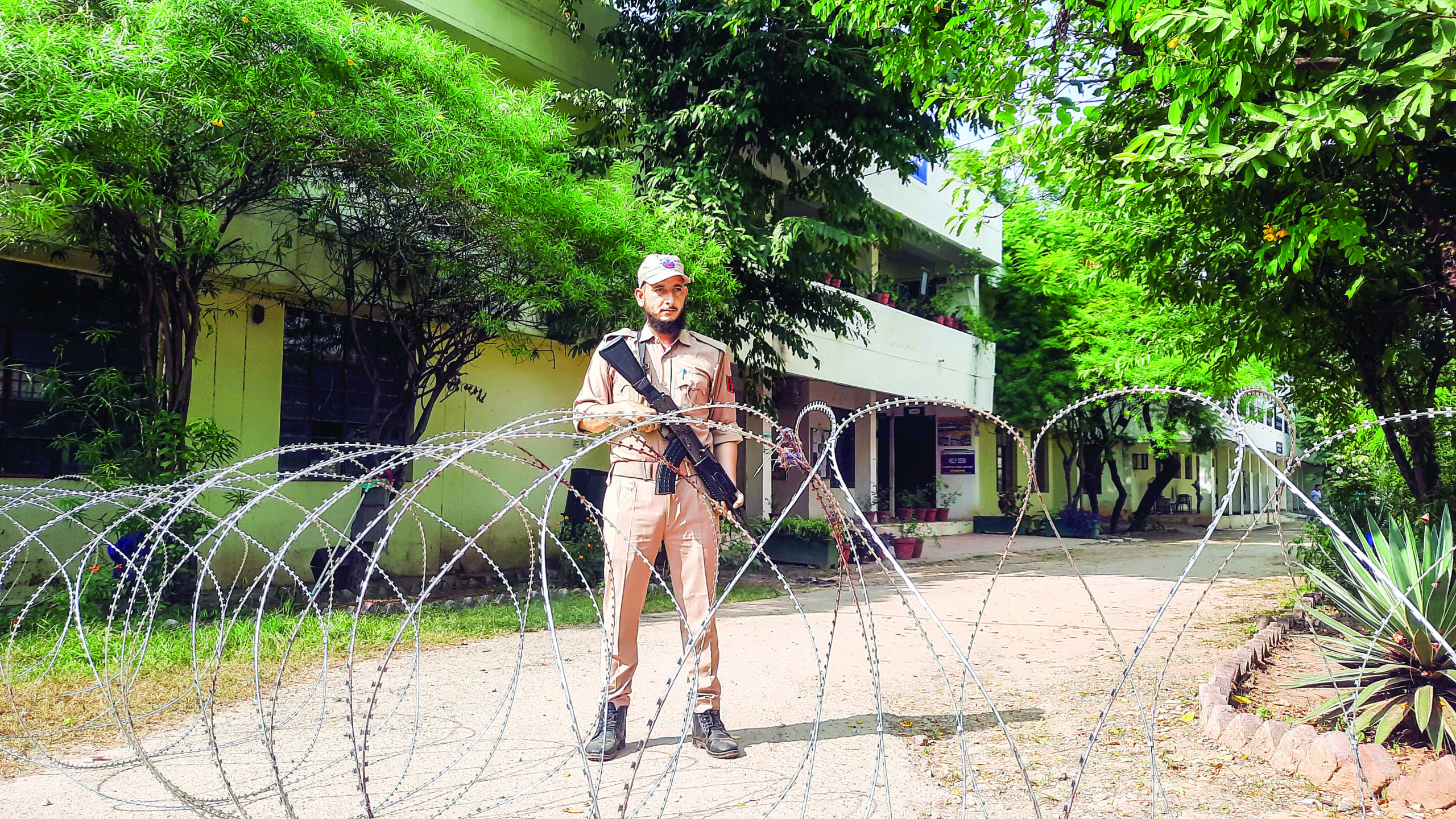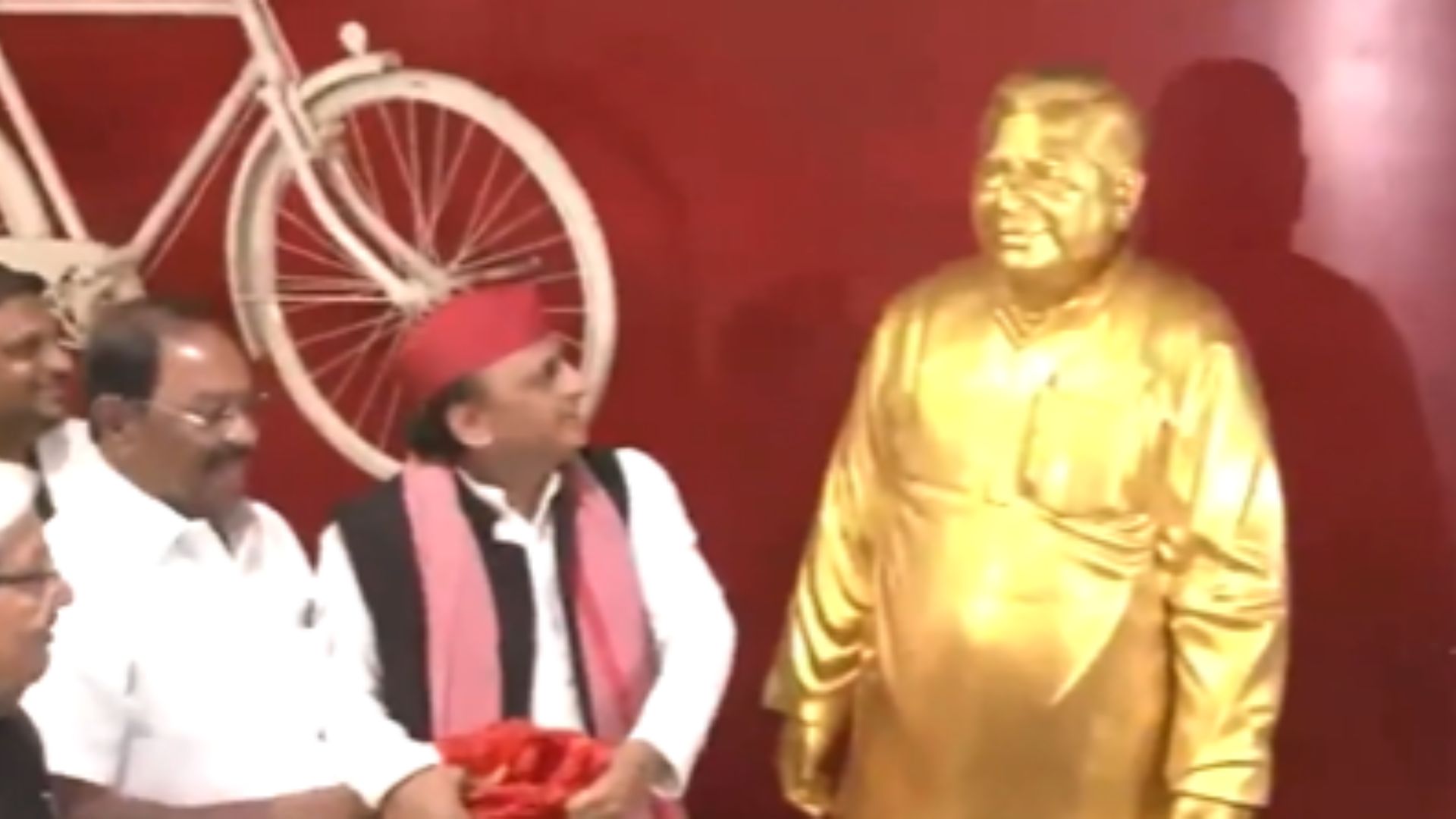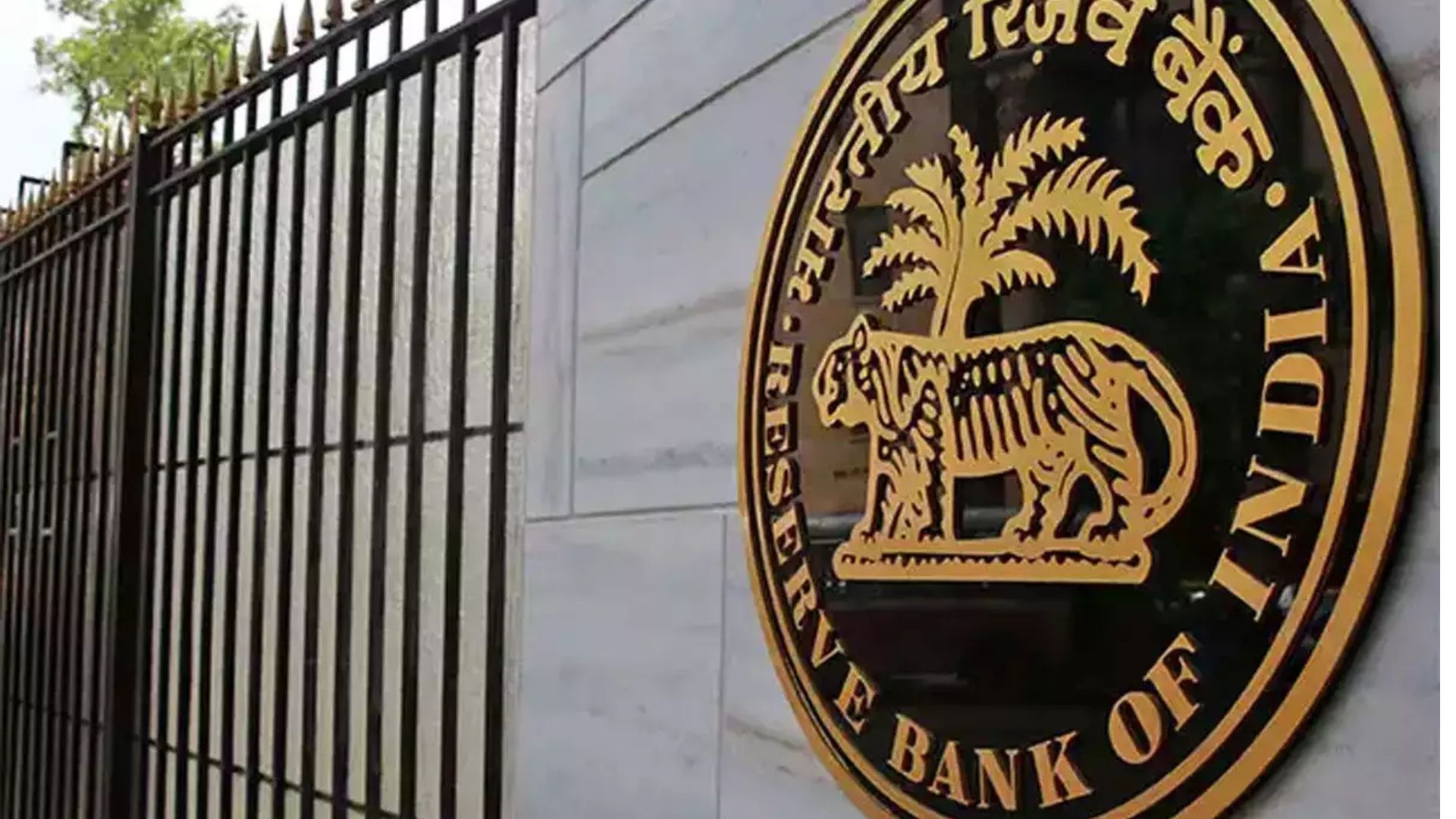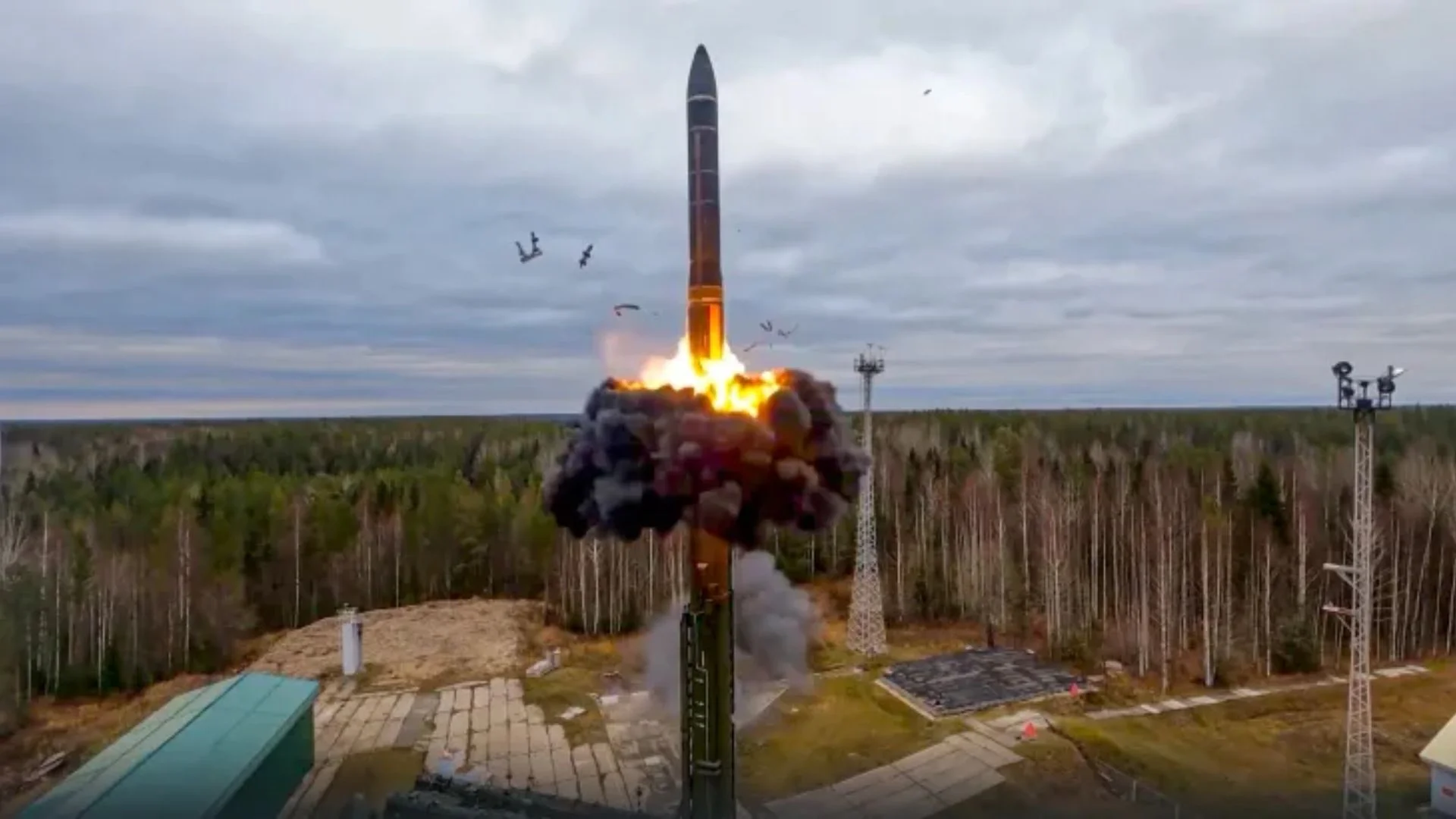
The much-anticipated counting of votes for the 90 Assembly constituencies of Jammu and Kashmir will begin on Tuesday morning, marking the final stage of an electoral process that could give the Union territory its first elected government since 2019, following the abrogation of Article 370.
This election sees a keen contest between the Congress-National Conference (NC) alliance, the People’s Democratic Party (PDP), and the Bharatiya Janata Party (BJP). The results will determine the political future of a region that has been without an elected government since Jammu and Kashmir was bifurcated into two union territories—Jammu and Kashmir, and Ladakh—five years ago.
As political parties remain engaged in last-minute assessments of their chances, the administration has been finalizing security and logistical arrangements. Designated counting centres across the 20 district headquarters are under a tight, three-tier security setup to ensure smooth proceedings in the restive region. Security forces have taken positions across both the Kashmir Valley and the Jammu region.
The first Assembly elections since 2014 were held in three phases, with 24 seats in the first phase, 26 in the second, and 40 in the third. A total of 873 candidates contested for 90 seats, with the results expected by Tuesday evening.
The voter turnout for this election was recorded at 63.45%, slightly lower than the 65.52% turnout in the 2014 polls. Prominent candidates include NC leader Omar Abdullah (contesting from Budgam and Ganderbal), People’s Conference leader Sajad Gani Lone (from Handwara and Kupwara), Pradesh Congress Committee president Tariq Hamid Karra (Batamaloo), and BJP state president Ravinder Raina (Nowshera). Other notable contestants include AICC general secretary Ghulam Ahmad Mir, PDP leaders Waheed Para and Iltija Mufti, and CPI(M) veteran Mohammad Yousuf Tarigami.
Exit polls have predicted the NC-Congress alliance to be in the lead, with the regional party expected to secure the majority of seats. The BJP, which won 25 seats in 2014, is projected to improve slightly, while the PDP, which won 28 seats in the previous elections, is likely to fare poorly this time around, winning fewer than 10 seats.
Newer parties, such as People’s Conference, Apni Party, and Democratic Azad Party, along with the Awami Ittehad Party, are not expected to make significant gains, with these parties and independents predicted to win around 10 seats combined.
Ahead of the results, political rhetoric has heated up. NC president Farooq Abdullah signalled openness to a potential alliance with the PDP, stating that the Congress-NC alliance could consider Mehbooba Mufti’s party as a partner to form the government. Abdullah also criticized the move to give the Lieutenant Governor the power to nominate members to five reserved seats in the assembly, stating that his party would challenge the decision in the Supreme Court if the BJP-led Union government went ahead with it. Meanwhile, BJP chief Ravinder Raina expressed confidence that his party would secure 35 seats.















